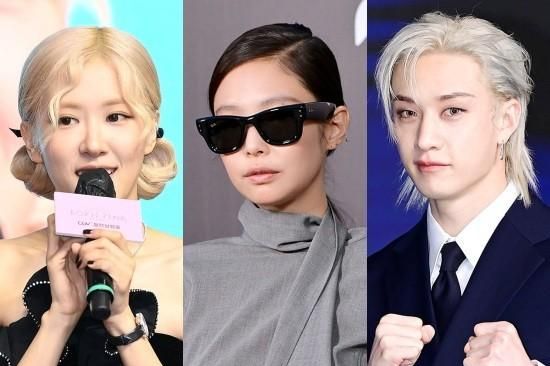A growing number of K-pop stars are speaking out — or being spoken for — after a string of incidents abroad sparked renewed outrage over racial discrimination in the Western entertainment world. The latest controversy centers on BLACKPINK’s Rosé, who was cropped out of a group photo by a major fashion magazine despite being one of Saint Laurent’s most prominent ambassadors.
Rosé attended the Saint Laurent 2026 Spring/Summer womenswear show in Paris on Sept. 29 (local time) as the luxury brand’s global ambassador, a role she has held since 2020. On Oct. 1, she shared photos and videos from the event, thanking creative director Anthony Vaccarello: “Thank you for inviting me to another incredible show. Your work is so beautiful. Love you.”
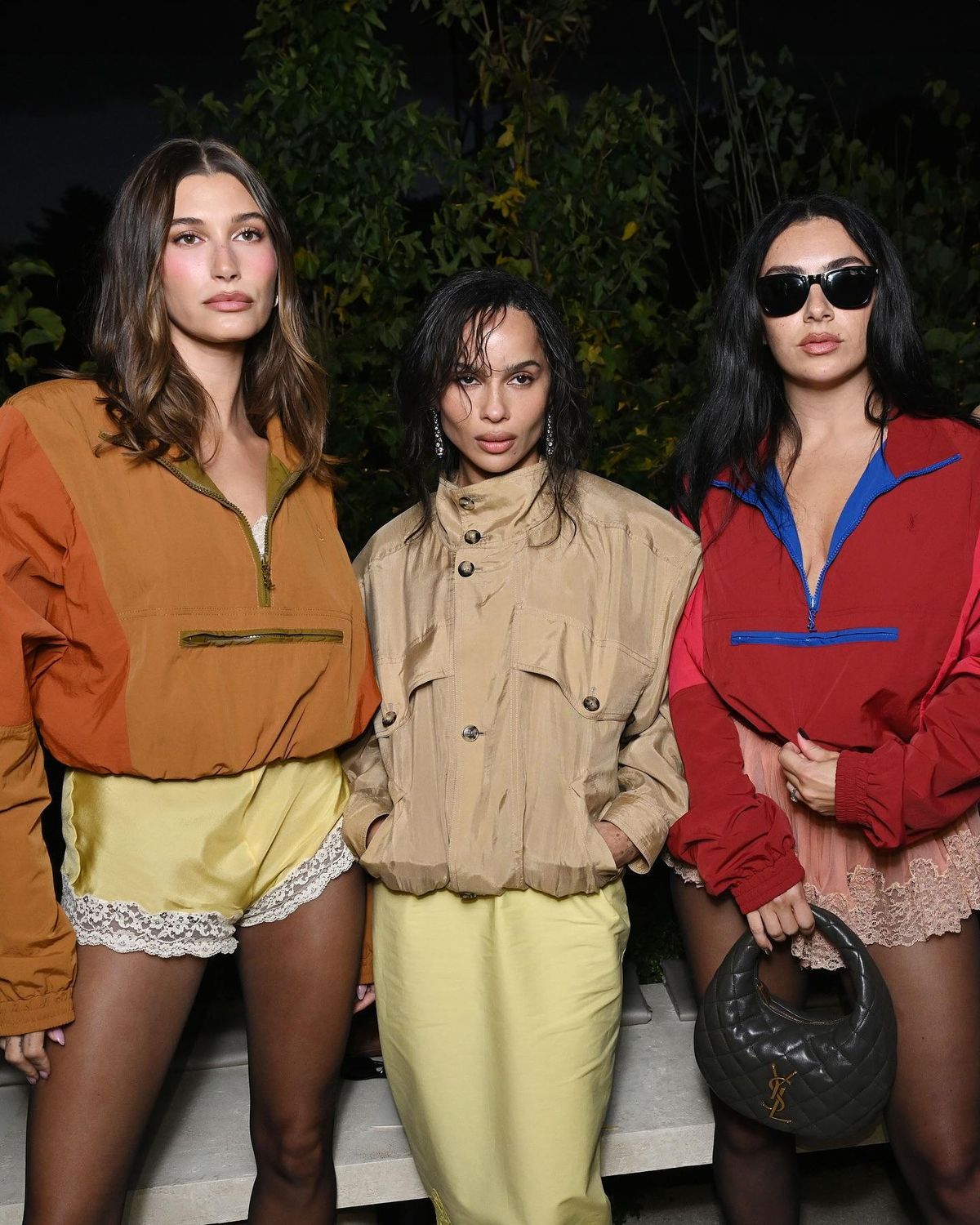
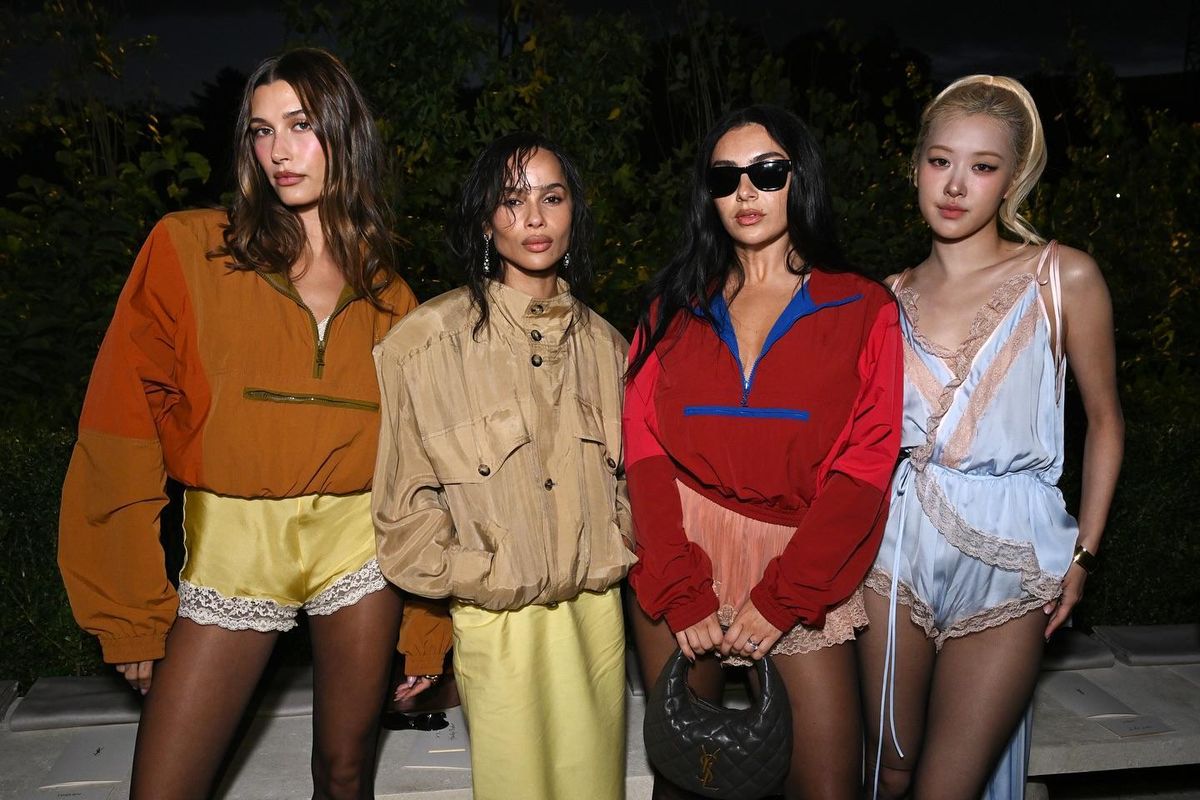
The controversy erupted when Elle UK posted a group photo of Rosé with Hailey Bieber, Zoë Kravitz and Charli XCX — but cropped Rosé out entirely. Other fashion magazines, including Vogue, uploaded the full image, leading many fans to accuse Elle UK of racial discrimination.
The situation escalated when Charli XCX shared a version of the photo where Rosé appeared heavily shadowed, and Bieber reposted it on Instagram Stories. As backlash mounted, Elle UK uploaded a solo photo of Rosé, but criticism of the magazine remains intense.
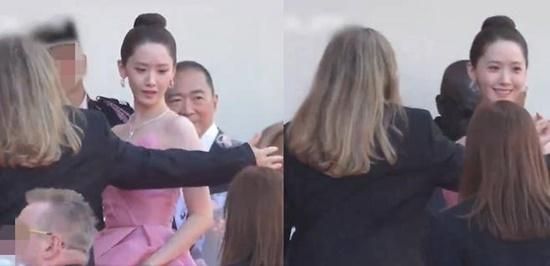
Girls’ Generation member Yoona / Screenshot from online communities
Rosé’s treatment is far from an isolated case. In recent years, several K-pop artists have faced similar incidents — from red carpet snubs to offensive remarks — despite the genre’s skyrocketing global popularity.
At the 77th Cannes Film Festival in May 2024, Girls’ Generation member Yoona was stopped by a female security guard while attempting to pose for photographers. Yoona remained calm and smiling but eventually appeared visibly uncomfortable as the guard continued to block her. Reports later surfaced that the same guard had obstructed African-American singer Kelly Rowland and Dominican actress Massiel Taveras, fueling speculation of racially motivated behavior.
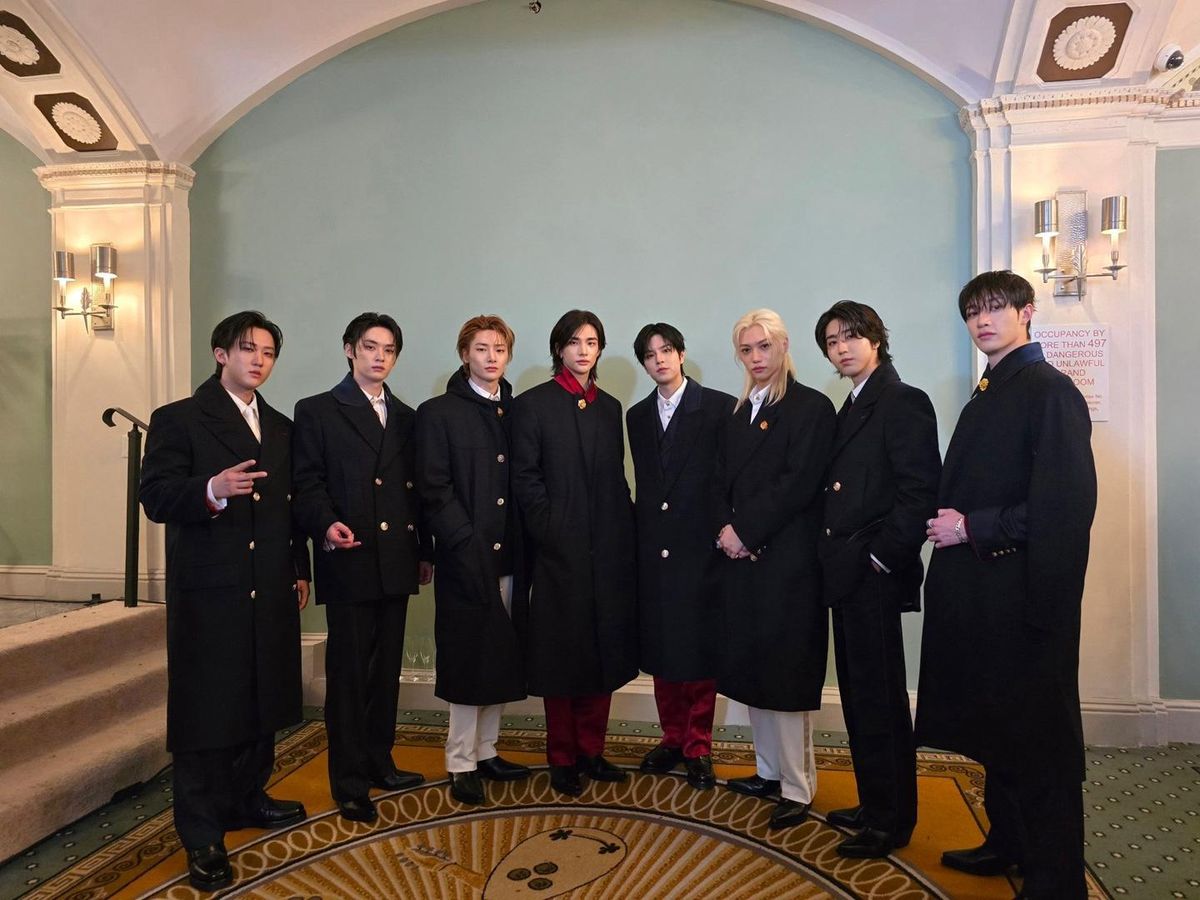
Stray Kids / Courtesy of JYP Entertainment
Around the same time, Stray Kids became the first K-pop group to attend the prestigious Met Gala as a full group — but the historic moment was marred by racist comments from some reporters. Members were reportedly told, “You all look crooked,” “You’re short, try jumping,” and “I’ve never seen such emotionless faces.” Bang Chan, the group’s Korean-Australian leader, quietly led the members away.
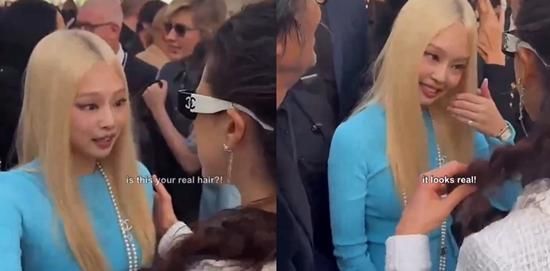
BLACKPINK’s Jennie / Screenshot from online communities
Even fellow BLACKPINK member Jennie faced accusations of racism during the 2024 Chanel Cruise fashion show. Actress Margaret Qualley touched Jennie’s newly dyed blonde hair and asked, “Is this real?” Later, when Jennie leaned in for a cheek kiss while posing for a photo, Qualley abruptly turned away — behavior that many criticized as racially insensitive.
Some argued that Qualley might simply dislike physical contact, but past photos showing her exchanging kisses with numerous celebrities undermined that explanation.
The incidents come at a time when Korean pop culture is reaching unprecedented global audiences. The recent success of the animated film “K-pop Demon Hunters” has further boosted international interest in Korean music and entertainment. Yet attitudes toward Asian celebrities in the Western world appear stubbornly unchanged.
This article from Xportsnews is adapted by a generative AI system and edited by The Korea Times.

